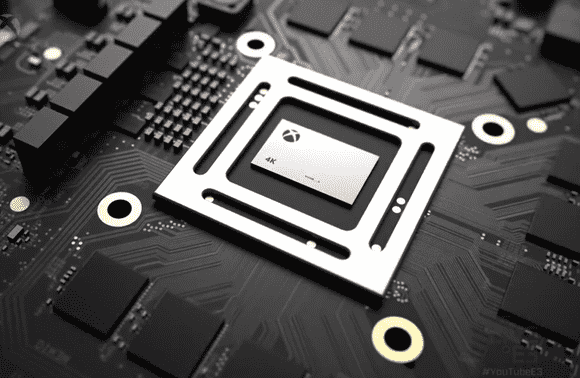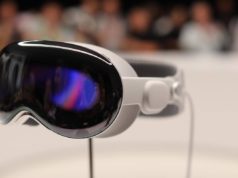An abundance of pixels may prevent a large leap in graphics quality.

We’ve speculated quite a bit about Microsoft’s upcoming Xbox One refresh, Project Scorpio. What does it mean, when they tout 4K as a feature? Is that native? Upscaling? Does it include games, or just 4K media output?
Well according to one Microsoft executive, it means—at least in the case of first-party Microsoft titles—native 4K gaming. Yes, native.
Neogaf spotted this USA Today story, where Microsoft’s Shannon Loftis (general manager of Microsoft Studios Publishing) says “Any games we’re making that we’re launching in the Scorpio time frame, we’re making sure they can natively render at 4K.”
Mystery solved.
I’ll give it to Microsoft—after three years of reading stories about the Xbox One trying and failing to hit 1080p, it’s heartening to hear that Scorpio overcompensates and goes for real performance-oriented gaming.
It’s more complicated than it sounds, though. Even high-end PCs still struggle to run games competently at 4K—our current recommendation is Nvidia’s GeForce GTX 1080, and as my colleague Brad Chacos says, “[The $680 EVGA GTX 1080 FTW] still wasn’t able to hit 60fps with everything cranked to 11 at 4K resolution—but it came close.”
It came close. A $700 graphics card came close to hitting 4K at 60 frames per second. That GPU is more expensive than the $600 PlayStation 3, the most expensive console in recent memory, and it still can’t reliably run games at 4K when maxed out.
AMD graphics TFLOPS
PS4: 1.84
RX 460: 2.2
PS4 Pro: 4.2
RX 470: 4.9
RX 480: 5.8
Xbox Scorpio (unknown AMD GPU, Vega?): 6— Brad Chacos (@BradChacos) September 8, 2016
Caveats and compromises
There are a few caveats to consider however. One is that PC gamers mostly expect 60 frames per second, while console gamers seem fine with 30fps (for whatever reason). 4K at 30 frames per second demands significantly less graphical firepower—but we’re still talking in the range of the $380 GTX 1070, or maybe AMD’s $200 Radeon RX 480 in some (but far from all) games. That’s still not cheap.
The other option beyond limiting frame rate—and I’m pretty sure Microsoft and other studios will end up doing a mix of both—is running games at 4K with the graphics dipped. Shadow quality lowered, anti-aliasing scaled back, particle effects toned down maybe. An Xbox Scorpio game’s visual quality at 4K resolution may not look much better than what you see in today’s Xbox One games, which struggle to hit 1080p resolution. Scorpio games may just have more pixels (which, to be fair, can provide a big experience upgrade in and of itself), not necessarily the highest quality ones, in other words.

Can you run Rise of the Tomb Raider in 4K on a $200 graphics card like the Radeon RX 480? Absolutely! As long as you don’t mind running it at somewhere north of 30fps with a mix of Medium and High graphics settings, that is. That’s the low bar Scorpio needs to hit.
My point: Microsoft (and Sony too, with the PlayStation 4 Pro) is being a bit slippery by focusing on resolution to the exclusion of all other factors. We see the same in video all the time. Want to know why Twitch streams look so terrible coming direct out of the Xbox One or PS4? It’s because the resolution of a video means nothing if it’s encoded at a low bitrate and littered with blotchy artifacts.
Resolution is easy to understand, and 4K is a great buzzword for people to latch onto. Unless Microsoft’s holding back a surprise “Scorpio is secretly $800 or more” announcement though, then you can guarantee Scorpio’s rendering games at native 4K with some visual compromises. Just something worth noting amidst the hype.





